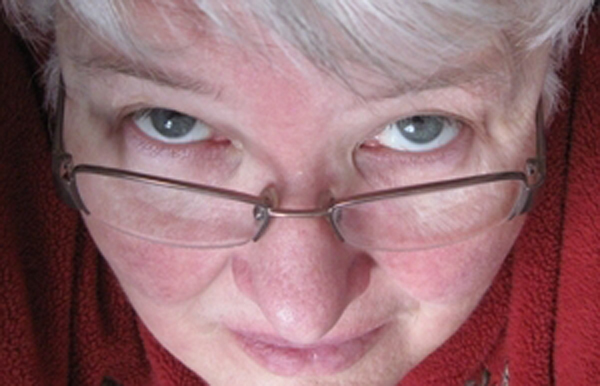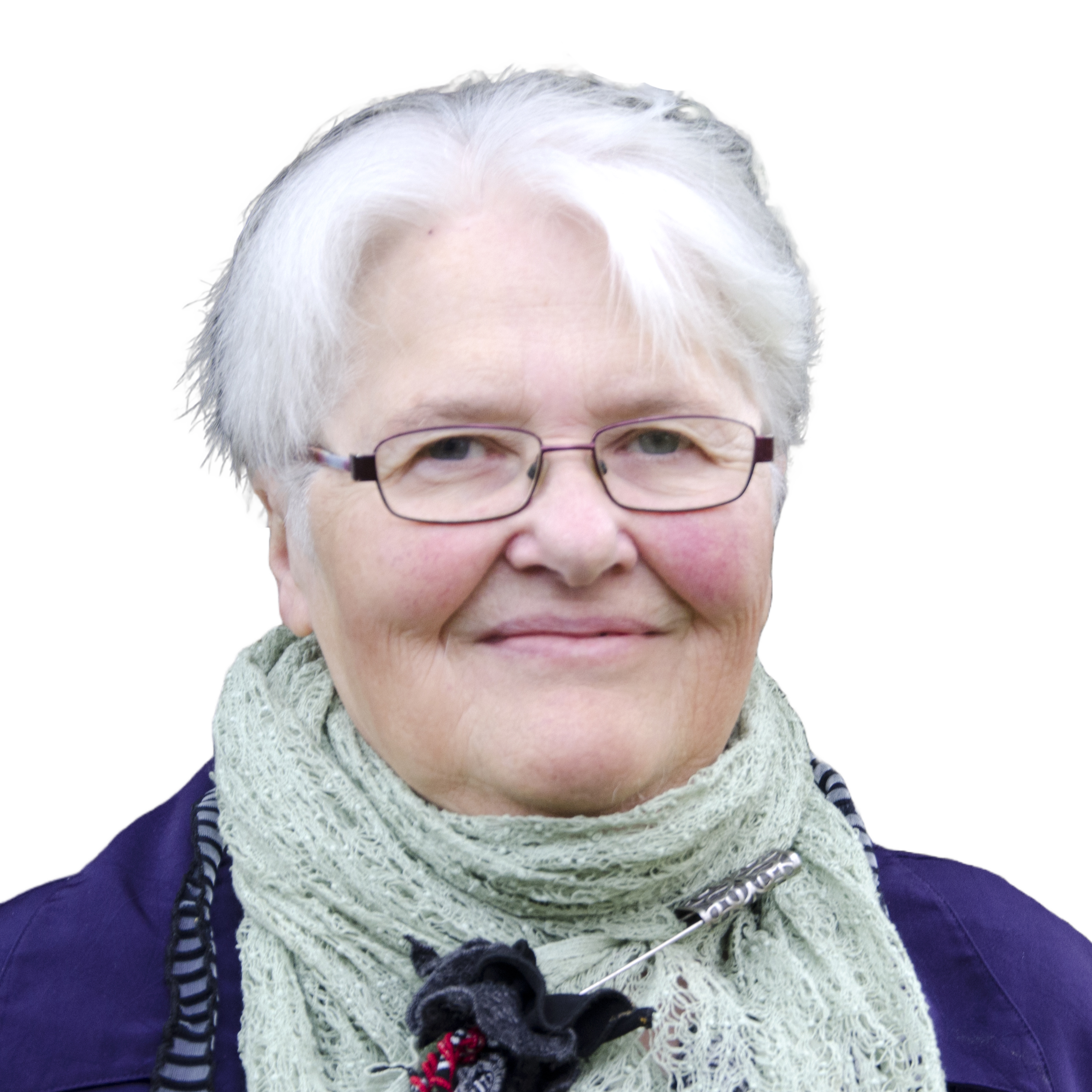How we love to ridicule those who tweet a torrent of fake news to the world, all the while berating others who, they say, report untrue – read unfavourable – information about them. Fake news.
Well, welcome to the human condition. In the renowned halls of science, researchers have studied researchers and found a startling phenomenon that is disturbingly common: the decline effect. That’s when the therapeutic power of a medication is shown to have steadily weakened over the years since it was introduced.
Jonah Lehrer wrote about the decline effect in a bombshell article in The New Yorker in 2010. It’s not really that the medication becomes less effective, it’s that our perceptions have changed. Initial research may be biased by, for example, the need to find a favourable result that can be published or funded. Subsequent studies might reveal varying results, often less perfect than first believed.
What really declines over time is our illusion, he suggests. Like falling in love, and then out again. Like fads that come and go. Often it’s not that the object of our desires has morphed into something rather lackluster. Instead, it’s that we gradually begin to see more flaws in that great new hope. The decline effect is a pretty human phenomenon.
Or not. Some individuals cling, against all evidence, to their original belief. That’s human too.
Fake news refers to the idea of reporting something that is false. But there is violent disagreement about what is true or false. How difficult it is to know the truth, Lehrer observes. Just because an idea is true doesn’t mean it can be proved. Just because an idea can be proved doesn’t mean it’s true. In the end, we still have to choose what to believe.
And sometimes our beliefs are fake. We believe because we want to believe. Evidence be damned. The need to believe our way is the right way can be extremely powerful.
In the end, we come back to the truism that if something looks too good to be true, there’s a good chance it is not. At least, not completely so. Yet, amid all the dross, amid all the fake news and accusations of such, some things shine true. The human capacity for love lives on within each of us, despite all tweets to the contrary. Let’s celebrate it!
SETTLER STORY
Tickets are going fast for the Settler Story, the new theatrical production about Captain Josiah Sawyer and the other early settlers of the area. «Josiah Sawyer and associates» included 31 families whose names sound oddly familiar. Alger. Bayley. Cook. Heard. Heyes. Labaree. Sawyer. The spellings may differ from today’s local families, but DNA tests would ring true.
Two performances are at 2 and 7:30 p.m. on Saturday, February 17, and maybe a third one on Sunday, February 18. The Settler Story is a two-act play with 16 scenes, covering the period of 1792 to 1825, and it’s written, directed and produced by Kendra Parnell. It’s put on by a locally well known troupe of amateur actors – they do it for the love of it!
The intermission promises something special. It’s a PowerPoint presentation by Linda Hoy, responsible for communications for the Eaton Corner Museum, the beneficiary of this event. She will offer additional information about the 31 settler families and their descendants, including a map of the historical Eaton and Newport Townships where they settled.
The Settler Story is at the Sawyerville Community Centre, 6 Church Street, Sawyerville. Entrance is $10. To reserve tickets, contact Elaine Lebourveau at 819-563-8700 or elebourveau@videotron.ca. Seats are limited, so don’t wait.
COLOUR CAFÉ
The Colour Café in Cookshire has begun an afternoon session at 2 to 4 p.m., in addition to the evening session at 6 to 8 p.m. Both are on the second Wednesday of each month, at the Maison de la Culture John Henry Pope, 25 Principale W., Cookshire. The upcoming sessions are on February 14 and March 14. This fun, informal group for English-speaking adults offers a spot of socializing, relaxing, and colouring each month. No special talent is required. Free and open to all. Info: Michelle Lepitre at 819-566-5717 or ml@townshippers.org.
VIACTIVE EXERCISES
All four of the bilingual weekly groups for people aged 50-plus are on Wednesdays and are free of charge. Newcomers are welcome to begin anytime.
In Bury, Doris Eryou leads the group at 10 a.m. at the Armoury Community Centre, 563 Main St., Bury. Info: 819-238-8541.
In Cookshire, Serena Wintle and Lyne Maisonneuve welcome you from 10 to 11 a.m. at the Manoir de l’Eau vive, 210 Principale East. Info: 819-875-5210.
In Newport, Ruth Shipman and Christiane Côté invite you to the Viactive group at the Municipal Hall, 1452 Route 212, Island Brook, from 1:30 to 2:30 p.m. Info: 819-889-1340 or 819-560-8565.
And in Sawyerville, Denise Nault and Gérard Nault facilitate the group at the Sawyerville Community Centre, 6 Church Street, at 10 to 11 a.m. Info: 819-889-2630.
CHURCH SERVICES
Anglican. Sunday services are in Bury at 9:30 a.m., and in Cookshire, at 11 a.m. On February 11, the Cookshire service is in the lower level of the Trinity United Church, 190 Principale West, and on February 18, in the theatre in the Manoir d’eau vive, 210 Principale East. Info: 819-887-6802.
United. Sunday services are at 9:30 a.m. in Cookshire, and at 11 a.m. in Sawyerville. Info: 819-889-2838 (listen to message).
Baptist. In Sawyerville, the Sunday worship service is at 9 a.m. in French, and 11 a.m. in English. Sunday school is at 10 a.m. in English and French. Info: 819-239-8818.
Do you have news to share? Call 819-300-2374 or email ra.writes@gmail.com by February 12 for publication February 21 and by February 26 for March 7.



